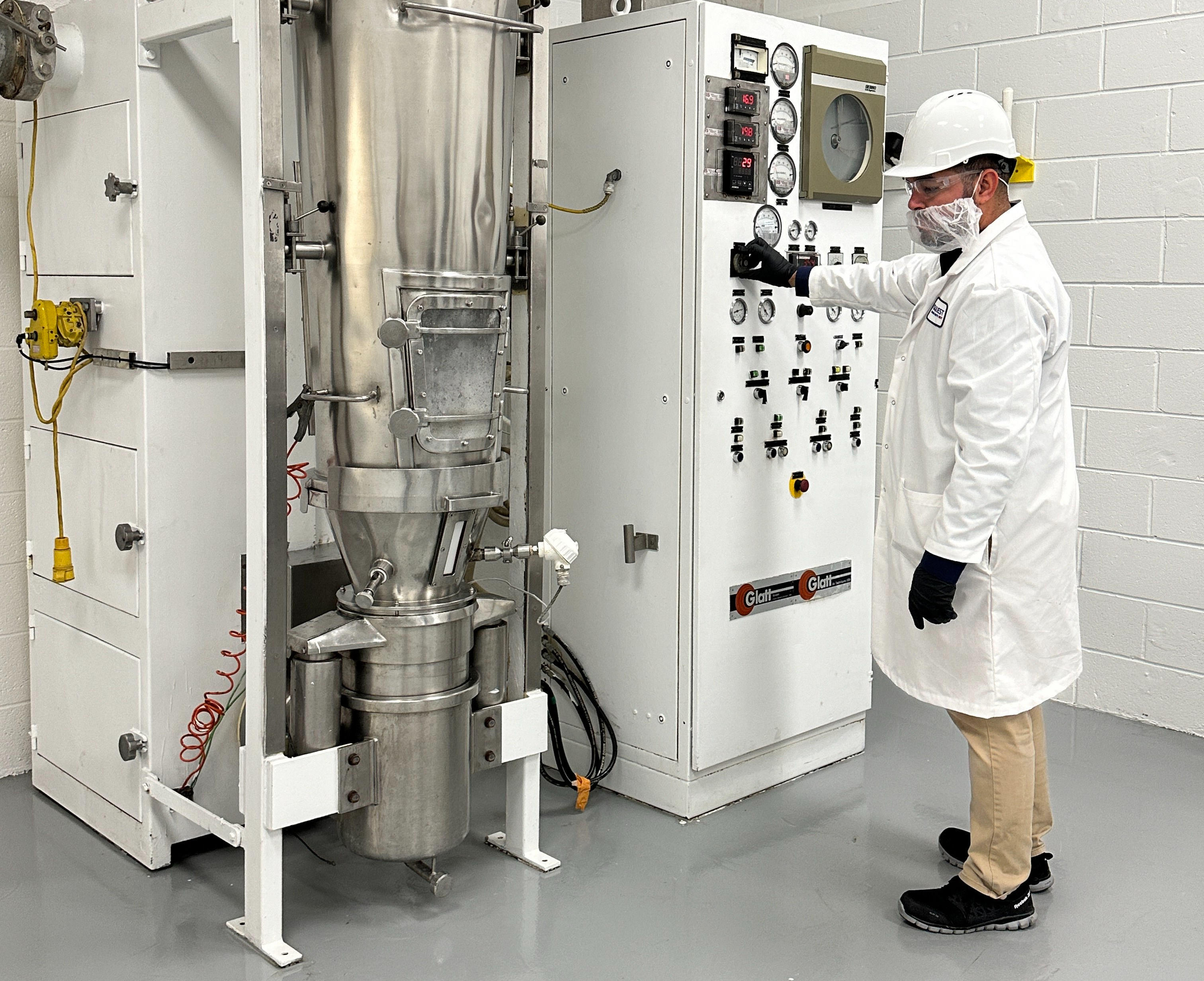The warnings are there when it comes to the future of the natural products industry:
- Too many members of Congress and their staff are poorly informed in their understanding of DSHEA, leaving the agencies who hold onto institutional memory with great vigor with enormous influence.
- The definition of health and healthcare remains managed, and manipulated, by conventional medicine. We must never forget that the Congressional Budget Office, who assigns the cost of every piece of legislation, has no way to ‘score’ savings in health care expenditures from true wellness initiatives like diet, supplementation, or acupuncture and chiropractic care.
- We ourselves are ill prepared to protect an organized assault on the industry. Our last true industry-wide grassroots campaign was in 1994 with DSHEA. The Organic Standard was passed in 1990 and it took another 10 years to create the National Organic Program. These Acts took time, money and an army of people to create the standards that rule our work, and it takes time, money and an army of people to ensure their future. We currently lack that army, and as a result we must rely heavily on legal talent to protect our interests.
Our familiarity with the dysfunction of Congress and the FDA takes its biggest toll on independent retailers. Inaction, take CBD as an example, wreaks havoc on store operations and the ability to be competitive. Amazon’s free pass has also put the independent retailers at a severe market disadvantage. Fortunately, quality testing, first by Organic & Natural Health Association, followed by NOW Foods, has resulted in Amazon requiring a COA and proof of valid GMP certification, which leveled the playing field a bit. It is the independent retailer who stands as the gatekeeper of our industry. They ensure their staff is well-trained, provide quality education to their customers and are active in their communities. They are diligent when sourcing quality products. These store owners have suffered the consequences of the pandemic supply chain constraints and the subsequent price and availability issues. Their moxie and grit, combined with a passion for health and their customers, positions them as the perfect industry advocate block.
So what is the industry to do to ensure continued access in the face of political unrest, challenging media coverage and limited ability to call out the “bad actors”? I suggest we rally, as a united front, around our standard bearers, the independent stores. Let’s enable them to create the army we need to take our message to the halls of Congress. By working with SENPA and their partners, we can support their work and their customers, providing resources and our expertise. Trade associations, and representatives from the entirety of the supply chain need to unite on behalf of the consumers who trust us and the retailers they believe in. Here is a good place to start:
- It is time to rewrite the messages to reflect the totality of our efforts. Let’s get the data together. If we have learned anything from the pandemic it is that our work has changed health outcomes. Let’s codify the vitamin D3 story.
- We are more than supplements and food. We know that consumers want sustainable, regenerative products that support the livelihoods of farmers across the continents. We must embrace the ESG movement. Environment, Social and Corporate Governance standards, first developed at the United Nations have been embraced by the International Integrated Reporting Initiative (IIRI) and the US-based Sustainability Accounting Standard Board (SASB). Herein lies the potential to lead market transformation that will actually heal the planet.
- We must find new champions. We’ll have to leave our certitudes behind to find new supporters at all levels of government. Someday, we’ll have to run our own for office. I hope that is sooner rather than later.









